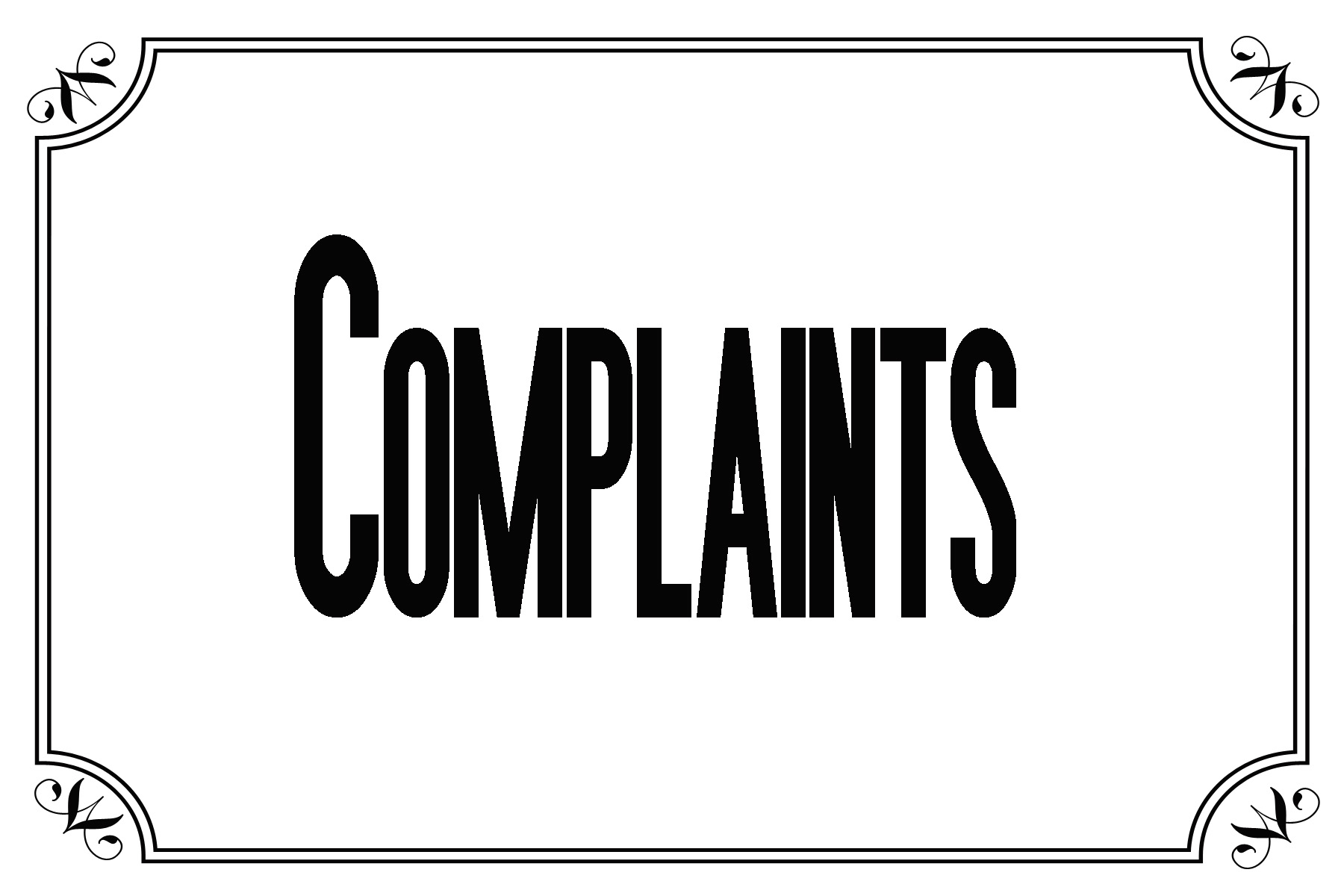21 CFR 820.198 – Avoiding Pitfalls in Your Complaint-Handling Process
April 13th, 2013 // 12:52 pm @ jmpickett
More Exclusive FDA cGMP Compliance News
Complaint Handling 21 CFR 820
A complaint is defined in 21 CFR 820 and the Safe Medical Devices Act as an report of dissatisfaction with device quality or performance, or a defect after a product was sent into distribution. A complaint, therefore, is a great post market surveillance tool. A complaint can lead to repairs, service and changes in the recommendations of a manufacturer.
If your complaint-handling system is not up to snuff, it can cause recalls and sometimes product seizure.
21 CFR 820.198 provides the details of complaint handling. The requirements are related to your general recordkeeping requirements that are laid out in 21 CFR 820.180. Note that the regulatory requirements of complaint-handling extend to other areas of regulation. For instance, 21 CFR 803, MDR reporting requires that major device problems have to be reported with MedWatch Form 3500A.
Common Problems in Complaint-Handling 21 CFR 820.198
In 2006, FDA sent 128 warning letters to medical device companies. Of those, 87 were cited for problems with complaint handling. Experts in the industry have found that the biggest reasons for citations by FDA in complaint handling are for:
- Poor procedures or failing to follow procedures to receive, review and evaluate complaints;
- Failing to close out product complaints on time; and
- A disconnect between complaints with AERs and the MDR regulatory requirements.
Another common challenge is how to implement a strong management strategy to track and monitor your company’s complaint handling performance. Improper strategies can cause you to overlook or lose information that are related to the reliability of your product. This can cause concerns about safety and public health.
May 30 Webinar – Essentials of Complaint Handling and Post Marketing Management
Companies also can have big problems with poor paper-based systems to handle complaints. This can often be due to the fact that pieces of data are coming in from many sources in paper and electronic form, and there is no good system to organize these. These complaints are usually coming from outside the company, and are coming in from different departments. Typically, complaints come in from the phone, email, faxes, letters, the website and so on.
Most companies have complaint procedures set up, but not all employees are always trained properly to handle the complaints. So, customer complaints are sometimes lost in voice mail or in email.
As for quality systems, the support of executive management is vital to successful complaint handling. Yet, for many years, many device companies have been mostly reactionary in their approach to setting up a good complaint handling system. They often only set up such a system after they get a warning letter or 483.
Poor management support will often lead to complaint handling that is low on the priority list. A recent survey showed that about 38% of device firms take less than 30 days to close out a complaint. About 40% took 31-60 days, and 6% took more than 60 days.
Inadequate resources also can be a reason for poor complaint closure. In many companies, there usually are two to five employees who work in complaint handling. If your CAPA system is not connected to your complaint handling system, you are going to lose time finding strong complaint conclusions and closing the cases quickly.
A poor complaint handling ystem also can cause delays in the identification, evaluation and communication of an event that you may need to report to FDA. Figuring out if a complaint should lead to an MDR (medical device report) is one of the biggest hurdles for medical device firms, and it is an issue FDA watches closely.
FDA will treat your customer complaints as an aspect of the postmarket product quality/reliability. If the complaints show any death/serious injury that was caused by your device, FDA has to take action.
Upcoming Expertbriefings.com Webinars
- May 2 – Avoid the CDRH eCopy Chaos – How to Prepare a Compliant eCopy Submission
- April 25 – How to Survive PREDICT – FDA’s New Import Screening Program
- April 29 – Audit Your Lab Like an Expert FDA Auditor: A Roadmap to Lab Compliance
- May 1 – Avoiding Warning Letter Disasters With a Strong Contractor Quality Agreement
- May 7 – FDA Recall Chief Update – How to Design a Bulletproof Product Recall Strategy
- May 30 – The Essentials of Complaint Handling and Post Market Management



